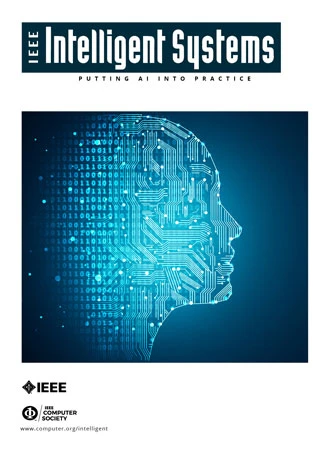计算流行病学的最新进展。
IF 5.6
3区 计算机科学
Q1 COMPUTER SCIENCE, ARTIFICIAL INTELLIGENCE
引用次数: 40
摘要
本文章由计算机程序翻译,如有差异,请以英文原文为准。
Recent Advances in Computational Epidemiology.
Public health epidemiology aims to understand the spatiotemporal spread of diseases and to develop methods to control such spread. Computational epidemiology has become increasingly multidisciplinary and has led to novel computational methods for understanding and controlling spatiotemporal disease spread. Recent advances focus specifically on modeling, data mining, and inferential and planning questions.
求助全文
通过发布文献求助,成功后即可免费获取论文全文。
去求助
来源期刊

IEEE Intelligent Systems
工程技术-工程:电子与电气
CiteScore
13.80
自引率
3.10%
发文量
122
审稿时长
1 months
期刊介绍:
IEEE Intelligent Systems serves users, managers, developers, researchers, and purchasers who are interested in intelligent systems and artificial intelligence, with particular emphasis on applications. Typically they are degreed professionals, with backgrounds in engineering, hard science, or business. The publication emphasizes current practice and experience, together with promising new ideas that are likely to be used in the near future. Sample topic areas for feature articles include knowledge-based systems, intelligent software agents, natural-language processing, technologies for knowledge management, machine learning, data mining, adaptive and intelligent robotics, knowledge-intensive processing on the Web, and social issues relevant to intelligent systems. Also encouraged are application features, covering practice at one or more companies or laboratories; full-length product stories (which require refereeing by at least three reviewers); tutorials; surveys; and case studies. Often issues are theme-based and collect articles around a contemporary topic under the auspices of a Guest Editor working with the EIC.
 求助内容:
求助内容: 应助结果提醒方式:
应助结果提醒方式:


